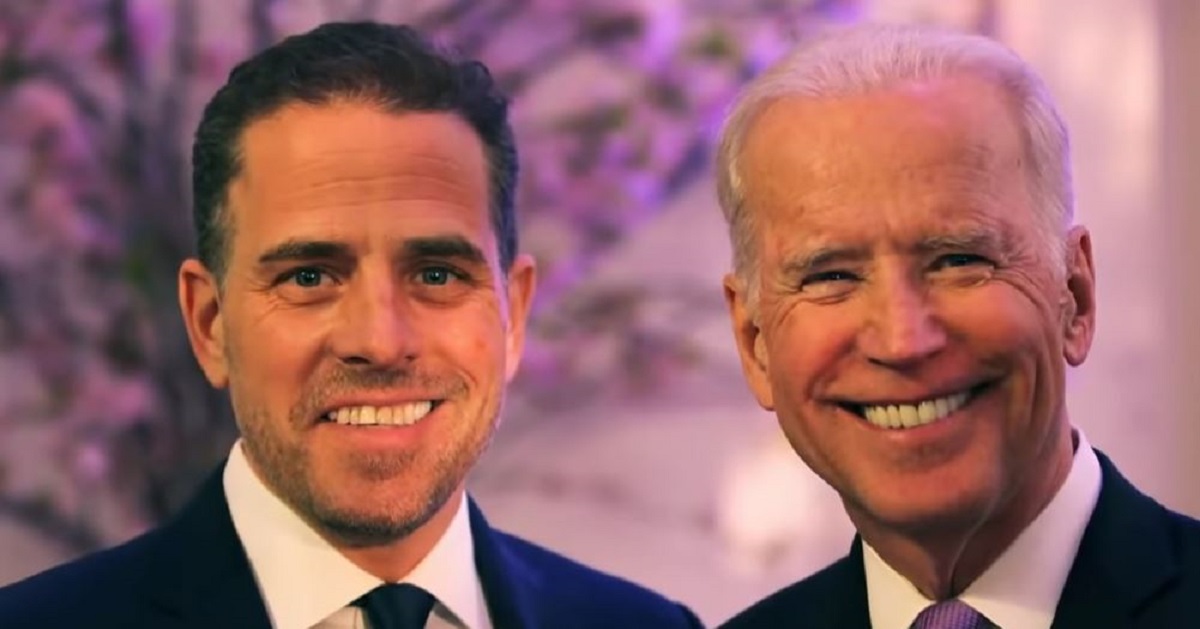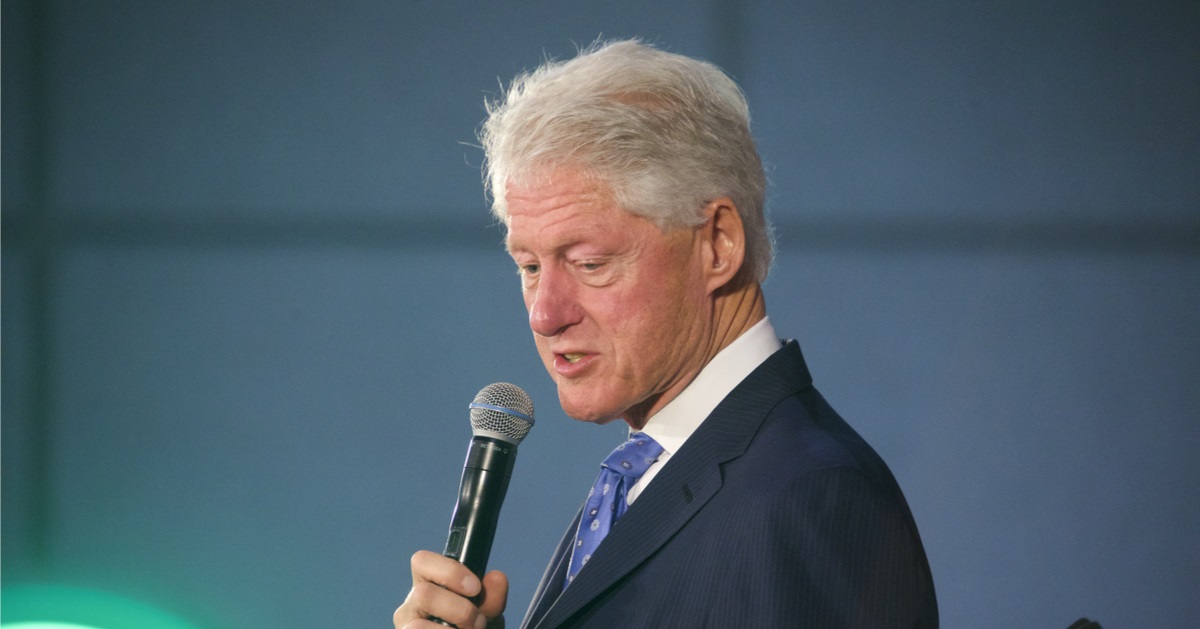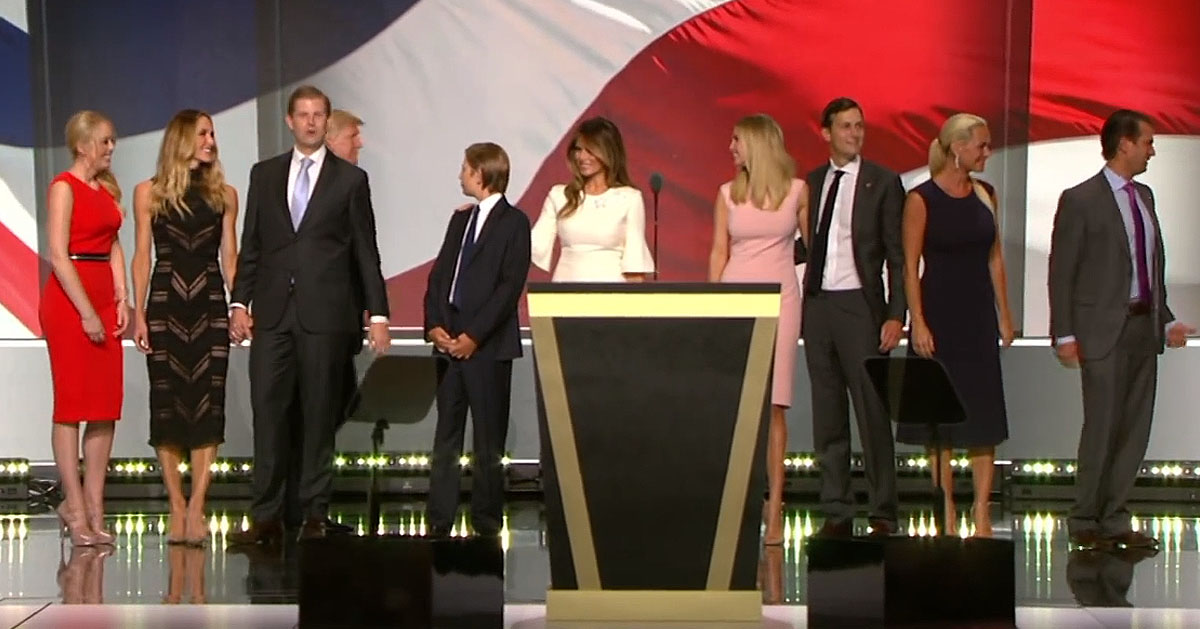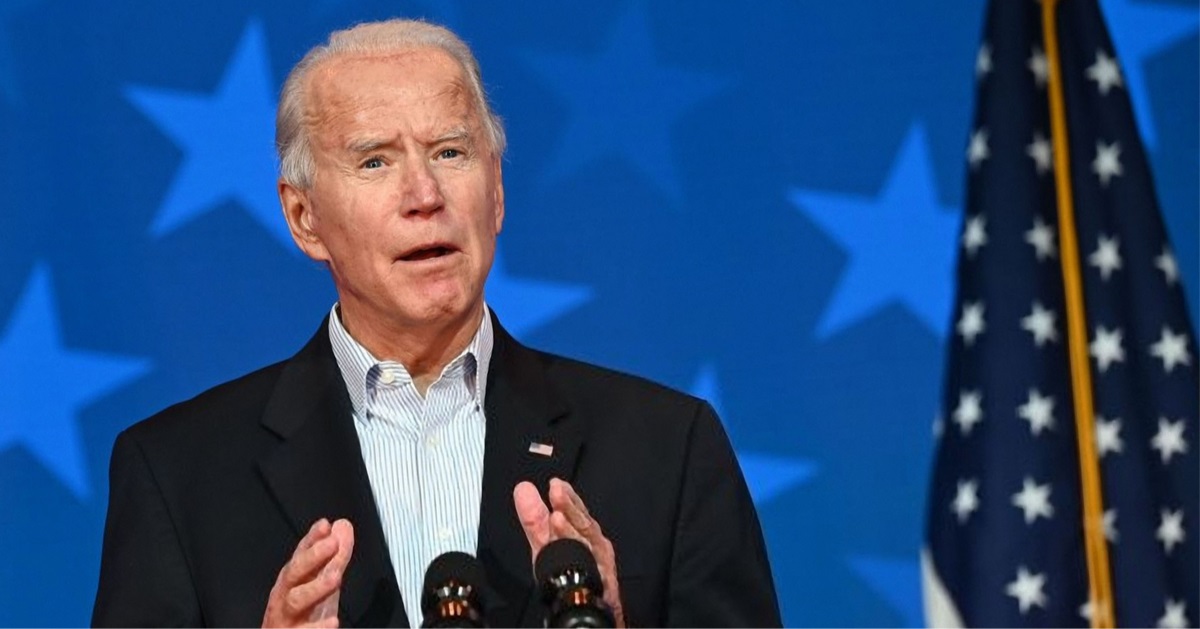DANIEL VAUGHAN: Religious Accommodation Wins Unanimously at Supreme Court
The fall of affirmative action will get all the headlines from the Supreme Court's Thursday decisions and for good reason. But it's worth noting another critical - and unanimous - case from the same day: Groff v. DeJoy. This case involved whether or not the federal government should accommodate an employee's religious beliefs if they so request. Thankfully, the Supreme Court sided with religious expression.
The case involved Title VII of the Civil Rights Act of 1964, which requires employers to "accommodate the religious practice of their employees unless doing so would impose an 'undue hardship on the conduct of the employer's business.'" As the Supreme Court notes, most lower courts "interpreted 'undue hardship' to mean any effort or cost that is 'more than . . . de minimis.'"
This meant, in practice, that employers could skip over accommodating religious beliefs if they provided the proper evidence. If you were the employee, you got stuck between keeping your job or following your faith. It was a lose-lose proposition that didn't fit what the statute or constitution required.
Christian was forced to work on Sundays.
Enter the case Groff v. DeJoy, which allowed the Supreme Court to address this case law for the first time in fifty years. The plaintiff is Gerald Groff, a former postman who worked for the United States Postal Service. He's a devout Evangelical Christian who believed in the commandment to keep the Sabbath Day, which he considered Sunday. That meant he did not want to violate his faith and work on the commanded day of rest.
When Groff began working for the USPS, Sundays weren't an issue. The mail didn't run on those days, so it didn't impact him. However, in 2013 that changed when the USPS signed a deal with Amazon to start weekend package delivery. Based on the Amazon deal and the USPS Union's push, Groff fell into a category of employee that was "compelled" to work on Sundays.
At first, he got around this by transferring to another Post Office location that did not do Sunday deliveries. But after a few years, they were forced to start Sunday deliveries too. Groff declined to work on Sundays, forcing other employees to pick up those routes. Additionally, "Throughout this time, Groff continued to receive 'progressive discipline' for failing to work on Sundays."
Groff ended up quitting his job and suing the USPS, alleging that it was violating Title VII of the Civil Rights Act of 1964 and punishing him for his religious beliefs. Due to previous Supreme Court precedence, the lower courts ruled against him and sided with the USPS. The Supreme Court took up the case to clarify the old case law.
Supreme Court revisits old precedence.
In short, the Supreme Court reversed the case law, giving religious adherents a fighting chance with employers over accommodation situations. The court notes, "Faced with an accommodation request like Groff's, it would not be enough for an employer to conclude that forcing other employees to work overtime would constitute an undue hardship. Consideration of other options, such as voluntary shift swapping, would also be necessary."
The court doesn't want employers to reject accommodations, especially if those accommodations can be accomplished through easy methods. The overarching goal is to get employers and employees to work together to come to a reasonable solution. If that can happen, neither the employer is overly burdened, and the employee doesn't have to choose between their faith or job.
Victory for religious expression.
Ultimately, what does a real undue burden on the employer look like under this new decision? It's hard to say because the court doesn't say. The court says, "we do not write on a blank slate in determining what an employer must prove to defend a denial of a religious accommodation, but we think it reasonable to begin with Title VII's text." The court continues:
[U]nder any definition, a hardship is more severe than a mere burden. So even if Title VII said only that an employer need not be made to suffer a "hardship," an employer could not escape liability simply by showing that an accommodation would impose some sort of additional costs. Those costs would have to rise to the level of hardship, and adding the modifier "undue" means that the requisite burden, privation, or adversity must rise to an "excessive" or "unjustifiable" level.
What is an unjustified burden for an employer? We don't know, yet. Basically, we'll find out when we get there. An employee that doesn't want to work on Sunday isn't an unusual request. Large employers like the USPS must have built-in systems to handle such requests.
It seems like a fundamental point of law, but it's good to see the Supreme Court willing to make that point unanimously. It's a victory for employees and religious expression in the United States.






